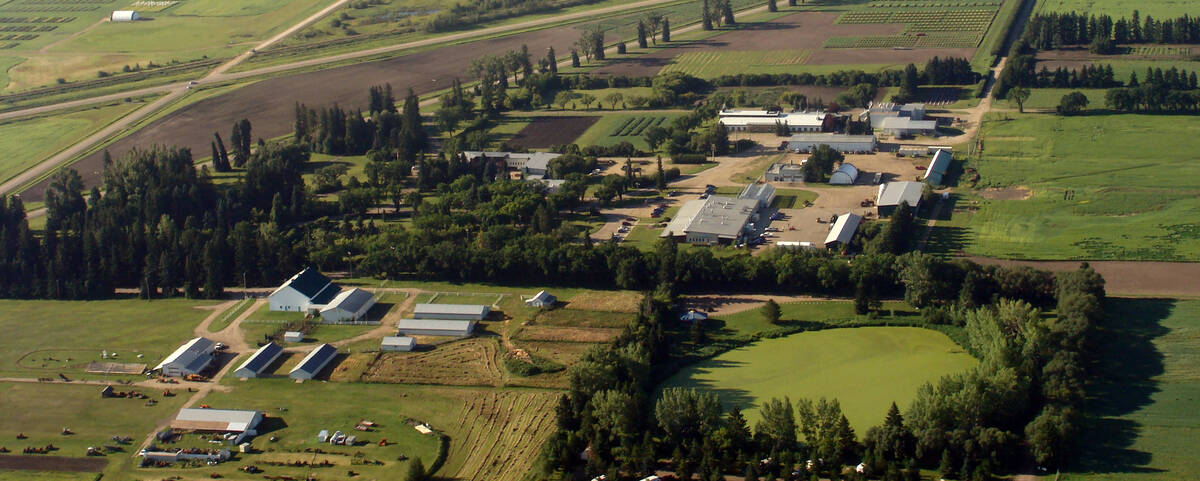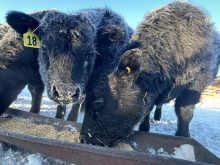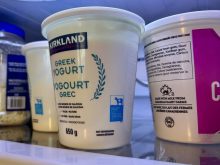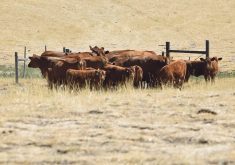The egg-washing and -breaking line at the Egg Processing Innovations Cooperative can handle 36,000 eggs an hour and a second line is in place for when more eggs are available
Alberta’s egg-breaking plant has a bright future, but it will take time to reach its full potential, say officials of the Egg Processing Innovations Cooperative.
“We can be proud of what we’ve built here,” said co-op chair Andrew Wipf after the facility’s recent official opening. “This plant will make money, but it will take time. There’ll be some bends and bumps on the road, but please be patient with this plant — it will work.”
Until now, cull eggs (ones that are too large, small or misshapen) were sent to plants in Winnipeg or Abbotsford, B.C. for processing. The Lethbridge facility, a converted dairy plant, will give Alberta egg producers the chance to develop their own high-end niche markets, said Wipf and plant CEO Bruce Forbes.
Read Also

Lacombe research centre closure called ‘catastrophe’
Cattle industry mourns loss of Agriculture Canada’s research centre included in sweeping cuts that were announced late last month.
The plant has been in operation for several months and all of its current production goes to Champion Petfoods, an Alberta producer of premium cat and dog food. The company wants eggs from free-run barns. About half of the eggs currently being processed come from cageless barns and officials say they hope to increase that to 100 per cent in the near future.
Although industrial bakers and food manufacturers are the largest buyers of liquid eggs, there are specialized, high-end markets, said Forbes. A German company is developing an egg yolk product that is high in carotenoid (that seems to protect against macular degeneration) from eggs laid by chickens which have marigolds added to their diet. Another potential product is a body-building supplement believed to prevent the loss of muscle mass experienced by men over age 40 or 50.
The co-op was funded by about three-quarters of Alberta’s 143 egg producers, and also received $5.2 million in federal money as well as funding from the Alberta Livestock and Meat Agency. The facility has the latest in high-tech, food safety equipment as well as a mixing unit that can add salt to yolks and sugar to whites for food processors. Shells and membranes are also processed for use in a wide variety of products ranging from paint and calcium supplements to cosmetic products.
The egg-washing and -breaking equipment has a capacity of 36,000 eggs an hour and there’s a second line in place, ready for when more eggs are available. Because Alberta’s egg sector is relatively small and the co-op doesn’t yet have a guaranteed supply, it has been temporarily importing additional eggs from the U.S.














